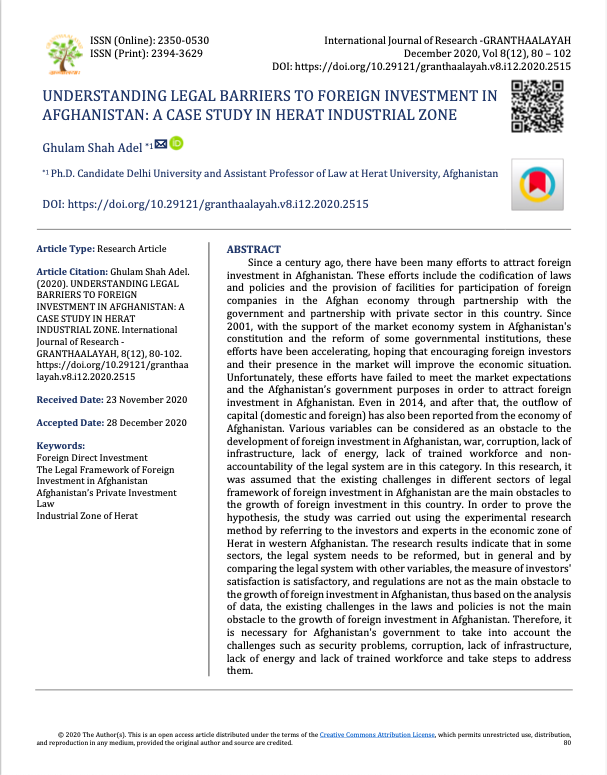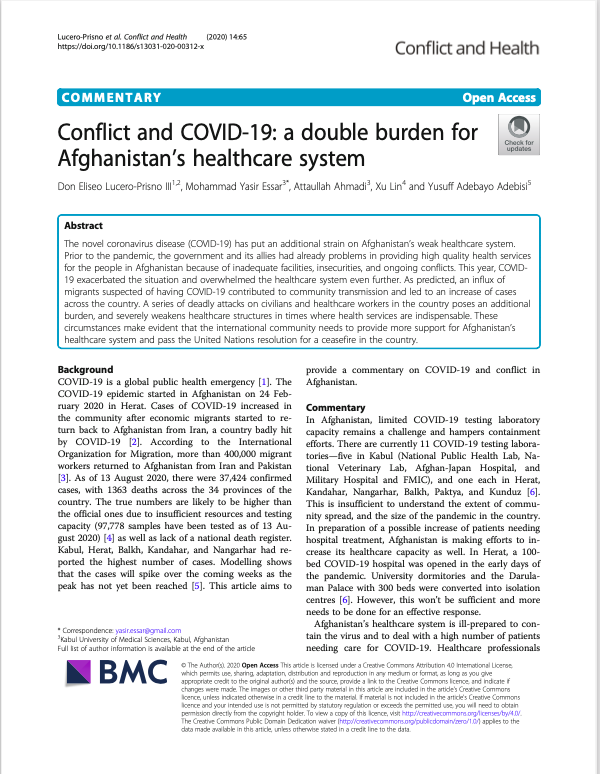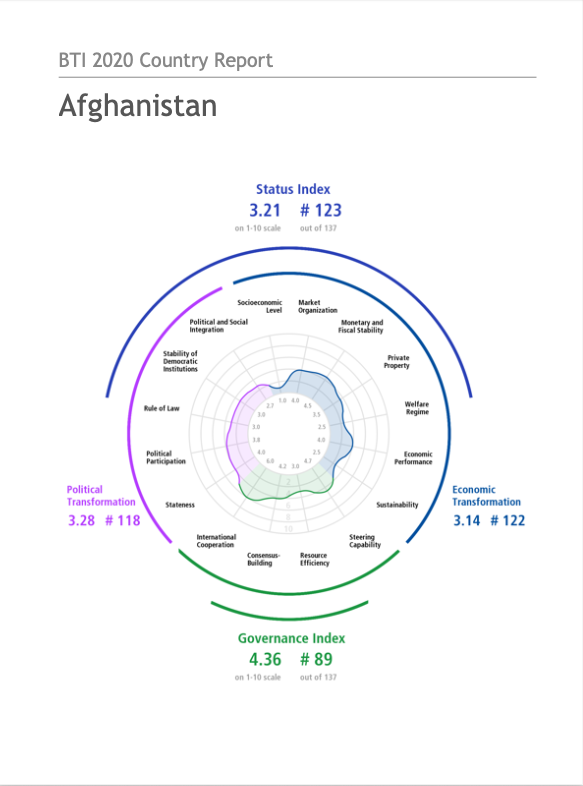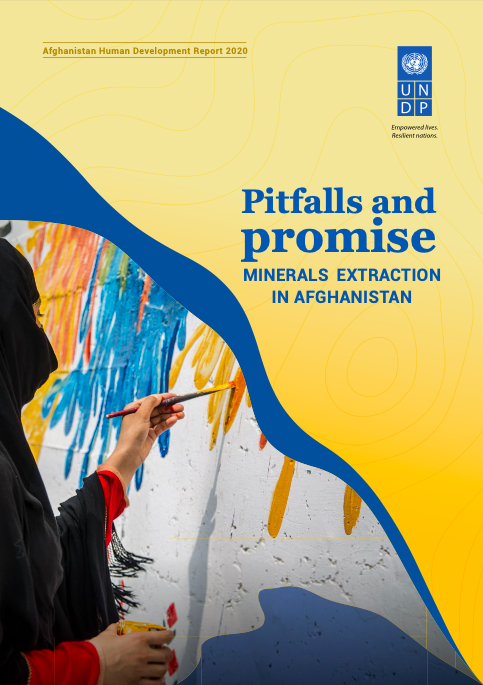This report summarizes the development of the Afghanistan Drought Early Warning Decision Support (AF-DEWS) Tool, a cloud-based online platform with near real-time information on drought conditions, to provide decision-makers with maps and data to enable further analysis. The report provides an…
Afghanistan suffers from four decades of war caused a massive migration of the rural population to the cities Kabul was originally designed for 15 million people where now 5 million people live The importation of modern western styles housing for rapid reconstruction reveals apparent cultural…
Afghanistan is a country with diverse natural ecologies in a largely arid and mountainous region. The rural sector is still considered to drive economic potential. Current social, political and economic instability along with climatic challenges are driving food and water insecurity in the wider…
June 4, 2021 -- An increasing number of countries are facing growing levels of acute food insecurity, reversing years of development gains. Even before COVID-19 reduced incomes and disrupted supply chains, chronic and acute hunger were on the rise due to various factors including conflict, socio…
Planning the adaptation of agriculture and forestry landscapes to climate change remains challenging due to the need for integrating substantial amounts of information. This information ranges from climate scenarios, geographical site information, socio-economic data and several possible…
Since a century ago, there have been many efforts to attract foreign investment in Afghanistan. These efforts include the codification of laws and policies and the provision of facilities for participation of foreign companies in the Afghan economy through partnership with the government and…
The novel coronavirus disease (COVID-19) has put an additional strain on Afghanistan’s weak healthcare system. Prior to the pandemic, the government and its allies had already problems in providing high quality health services for the people in Afghanistan because of inadequate facilities,…
ABSTRACTED FROM EXECUTIVE SUMMARY: In 2014, Afghanistan faced two major interconnected transformations. First was the withdrawal of most international troops. On January 1, 2015, the Afghan National Defense and Security Forces officially took over full defense and security related…
The extractive industry can be an important source of human development, economic growth, government revenues and foreign investments. When well-managed, the sector provides possibility to create employment, build human capital, advance peoples mobility by improving infrastructure, and…
Adequate access to credit is necessary for the sustainable development of agriculture. This study uses a double hurdle model to investigate what affects farming households’ credit participation and amount, and a Probit model to find out credit constraints. For this purpose, the data from a…
The longest-running barometer of Afghan opinion, the <a href="https://asiafoundation.org/where-we-work/afghanistan/survey/"><em>Survey of the Afghan People</em></a…
ICARDA continued to play a critical role in the development, improvement, and dissemination of climate-resilient crop varieties last year. The varieties strengthened food and nutritional security and provided a critical defense against extreme temperatures, water scarcity, and the emergence of…












